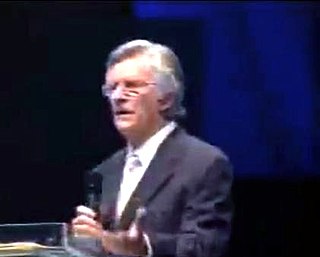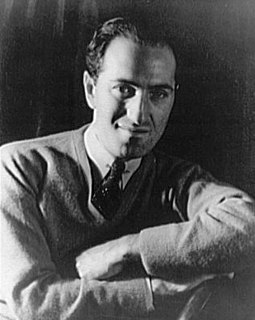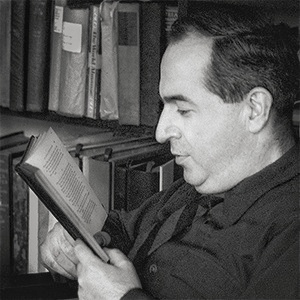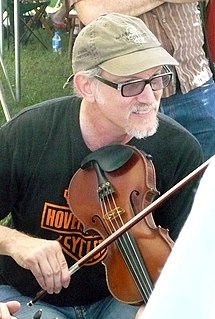A Quote by Yann Martel
How does one say in the jargon of musicology that my sould was pulled out of me and thrown up in the air, to be tossed about by the music. How does one say that I breathed, that I existed, in harmony with the ups and downs of those notes. What kind of notes both elevate and cast down, exalt and crush?
Related Quotes
I’ll write down little lines, I always say, 'K.T.N.,' and I say that to my receivers and running backs and that means 'keep taking notes.' That keeps me alert. That keeps me going. That keeps my drive there, even when you’re taking notes on something that you’ve already taken notes on a million times - keep taking notes.
Grown-ups love figures... When you tell them you've made a new friend they never ask you any questions about essential matters. They never say to you "What does his voice sound like? What games does he love best? Does he collect butterflies? " Instead they demand "How old is he? How much does he weigh? How much money does his father make? " Only from these figures do they think they have learned anything about him.
The script is like music to me. I approach it like it's a musical piece and I hear how it's supposed to sound when people say the words. There's rhythms and there's intonations and things, and so, when somebody comes in and hits the notes that I hear, I go okay. Or, they come close enough, and then I'll say "Well how about you try it like this?" and if they have a good ear and they can pick it up, then I think okay, they've got it.
When you get up, the night and day is a contradiction. But you get up at 4 A.M. That first blush of blue is where the night and day are trying to find harmony with each other. Harmony is the notes that Mozart didn't give you, but somehow the contradiction of his notes suggest that. All contradictions of his notes suggest the harmony.
In Sufi terms the crushing of the ego is called Nafs Kushi. And how do we crush it? We crush it by sometimes taking ourselves to task. When the self says, 'O no, I must not be treated like this,' then we say, 'What does it matter?' When the self says, 'He ought to have done this, she ought to have said that,' we say, 'What does it matter, either this way or that way? Every person is what he is; you cannot change him, but you can change yourself.' That is the crushing. ... It is only in this way that we can crush our ego.
Those are the stakes that are constantly there and how do those stakes change you? How does that change the person you are? If it does just turn out to be about survival then is that living? How does that make you, you? How does that change your identity? That picture of the governor, his wife, and his daughter, he wasn't that guy before this all started. People dying around him changed him into that.
Gimme the tune. Do I like this tune? Does it sound like another tune that I like? The more familiar it is, the better I like it. Hear those three notes there? Those are the three notes I can sing along with. I like those notes very, very much. Give me a beat. Not a fancy one. Give me a GOOD BEAT -- something I can dance to. It has to go boom-bap, boom-boom-BAP. If it doesn't, I will hate it very, very much. Also, I want it right away -- and then, write me some more songs like that -- over and over and over again, because I'm really into music.
The way you hold the bow, the way that violinists are trained to produce a note, is really different. I'm not an expert in classical music. I don't want to say something that ends up in print and somebody comes running after me with a shovel, but they're taught for each note to stand alone in a very deliberate kind of way, which is really different than how notes are strung together in old-time music to create rhythm.



































